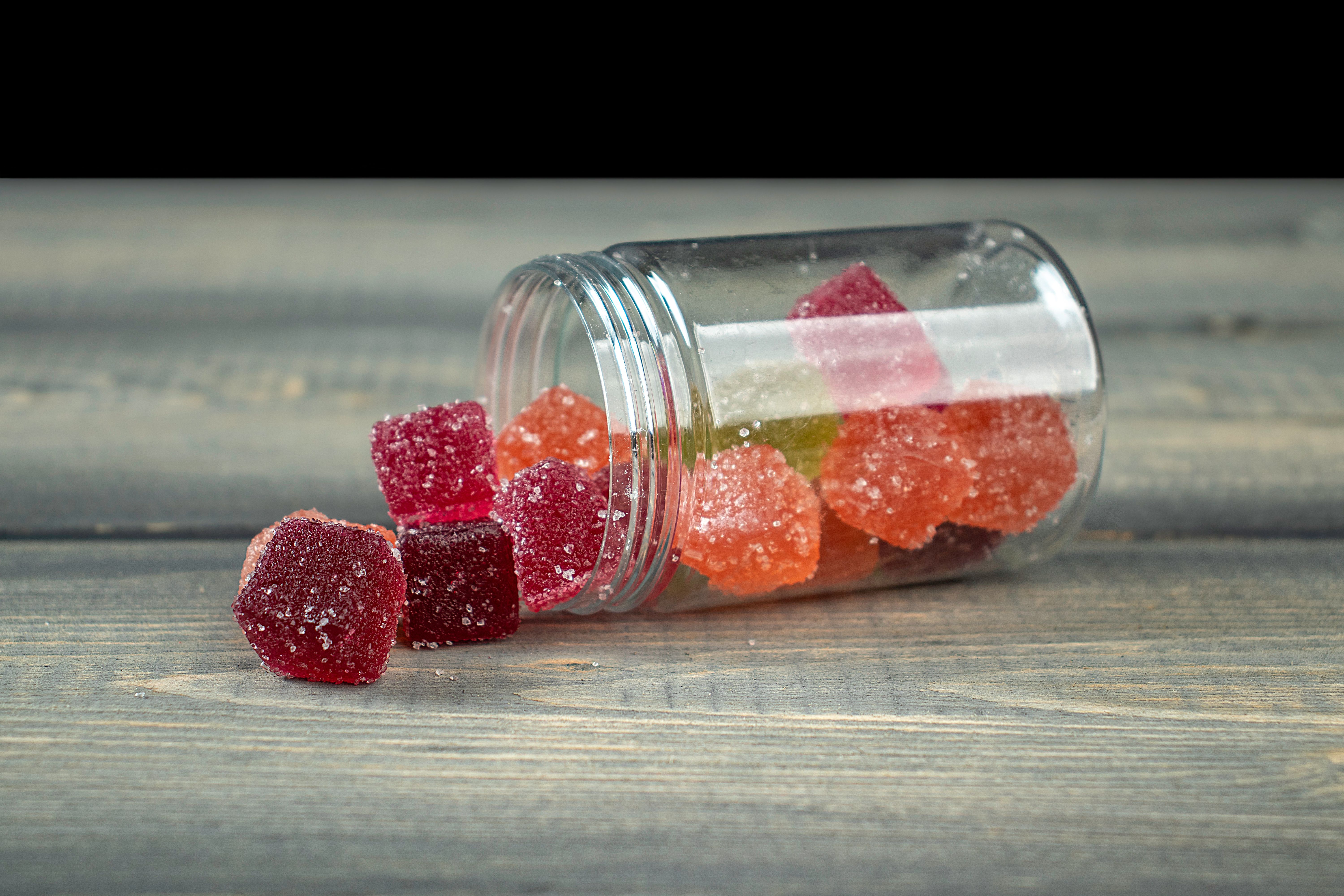Cannabis has been legal in Canada for some time, and we can now see the impact it has on children in the country. The conversation about legalizing cannabis has been popular for a while now, with some states making it legal. However, there are concerned parents out there who may be worried about the impact this could have on children and youth.
What could help lawmakers and parents is looking at other countries that have already legalized cannabis recreationally, and seeing the impact it is having there. While every country is unique and different, child development and human nature are the same across the board, and it can be helpful.
According to Medical Xpress and The Conversation, if we look at Canada, studies have shown that the legalization of cannabis has led to increased cannabis poisoning in children. It is important to look at why this is happening, and how it can be corrected.
Canada legalized cannabis four years ago, and at the time there was some concern about how this would impact the health of Canadians. Since that time, there has been some proof that it has had a negative impact on the health of the citizens, and this includes children.
What the researchers found was that since the legalization, there was a nine-fold increase in ER visits and a six-fold increase in hospitalizations in children younger than 10 years old. These were all due to cannabis poisoning. This has been so large, that cannabis is now listed as a leading cause of hospitalizations for poisoning in this age group. More than other medications or cleaning liquids.
This is concerning for parents in Canada and those in places that are discussing making it legal. It can make them wonder if the same will happen where they live.
While Canada has launched a mandated federal review of the impacts of cannabis legalization, more work needs to be done. They did find that what exactly is poisoning children is edibles. These are cannabis products that look a lot like candy and other treats. It is also an important reminder to parents that if they have these products, they keep them away from their children.
While government agencies need to do their part to make sure children cannot get access to these products, parents also play their part and are responsible for the safekeeping of products they have in their homes that can be harmful to children.
Sources: Medical Xpress, The Conversation
